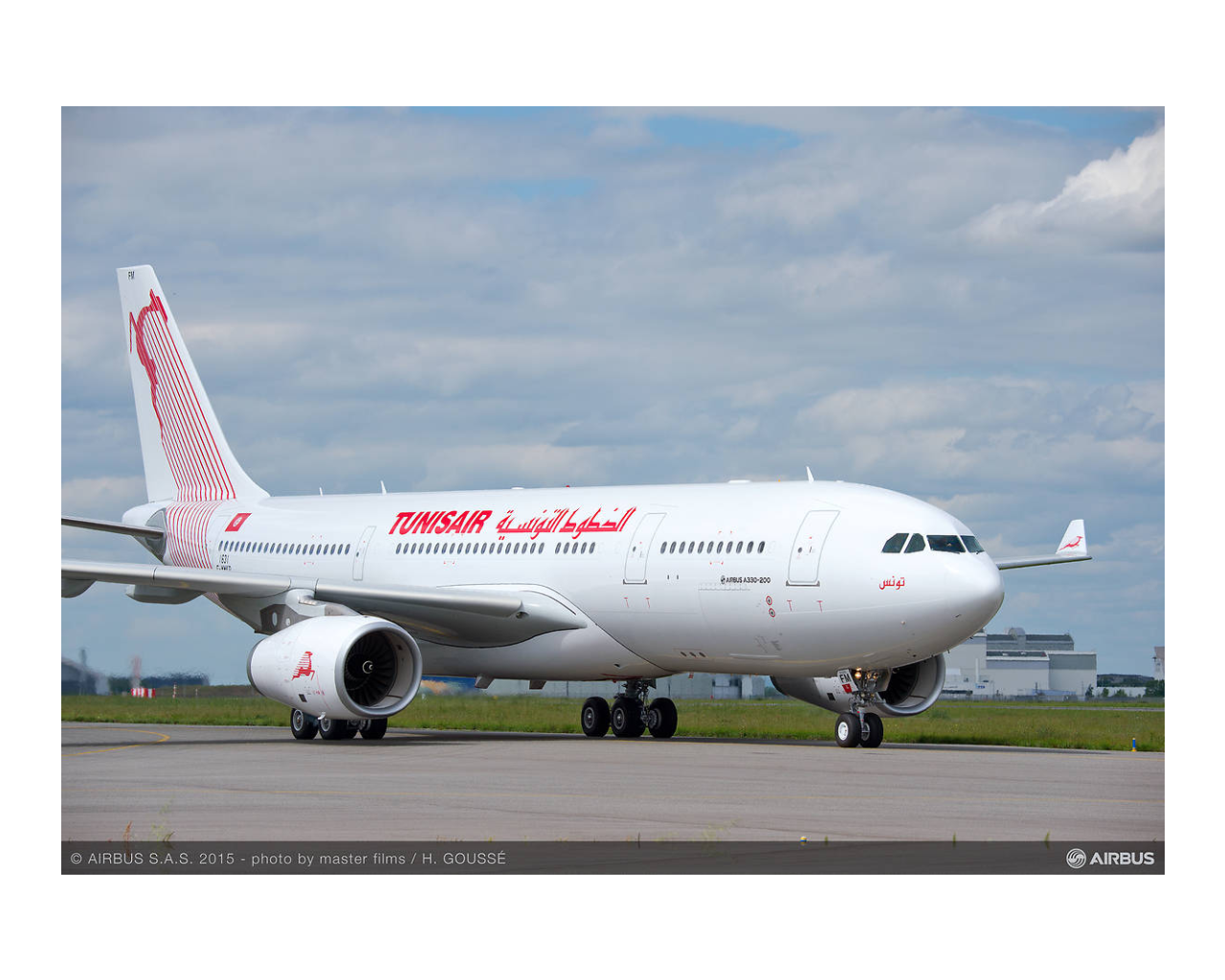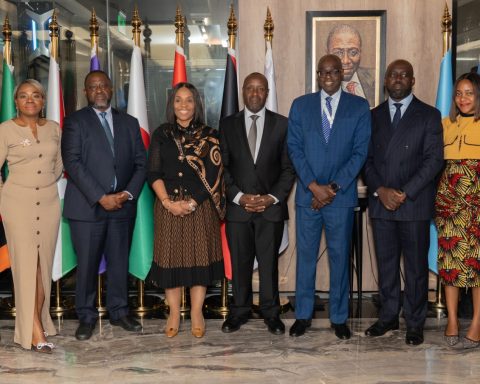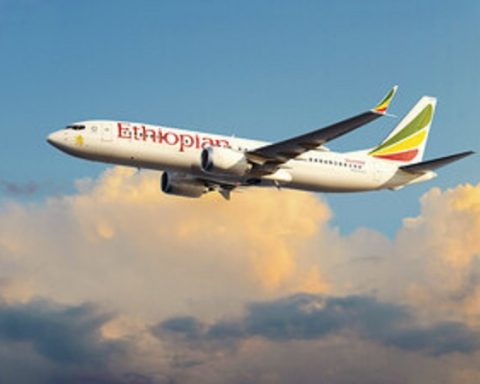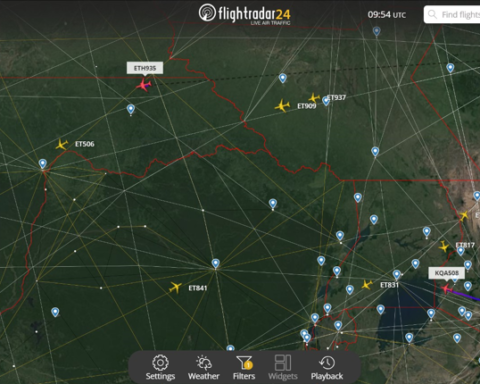The African Airlines Association (AFRAA) has released updates for the industry as at November 2022.
According to AFRAA, the number of Covid-19 cases is once again on the rise in China, though the controversial Zero Covid Strategy is still in force. In Africa, the infections remains low despite the low vaccination rate of 24.6% compared to the global average of 68.5%. Worldwide, the number of cases has reached 630 million and 12.6 million in Africa. The recovery rate is 99.98% worldwide compared to 98.01% in Africa.
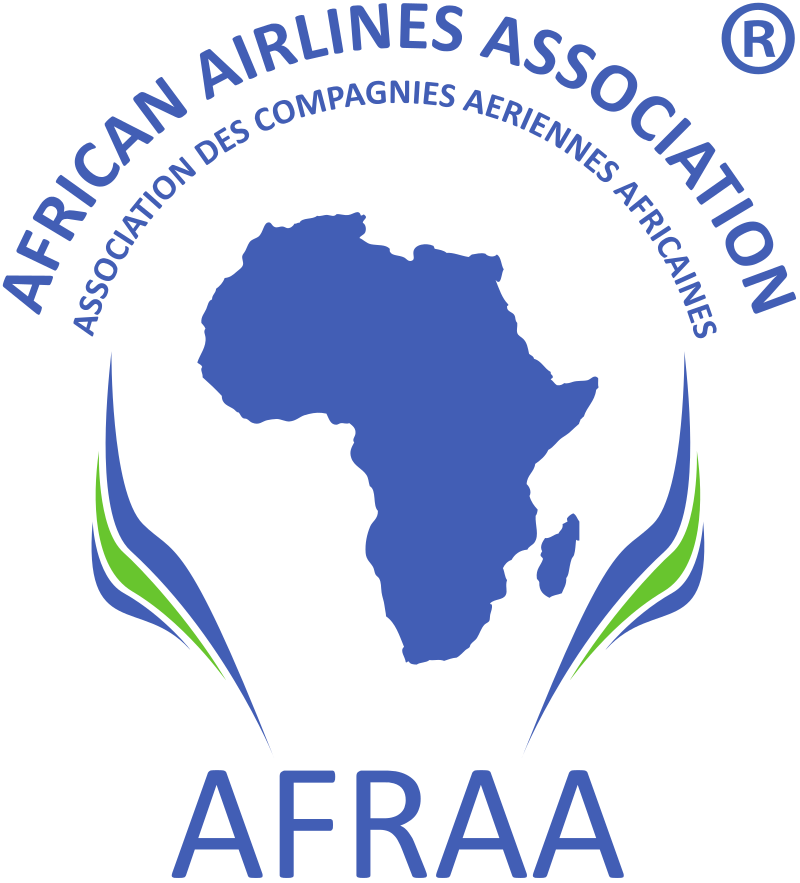
On Ebola, AFRAA says “The government of Uganda has extended the lockdown in the Ebola hotspots of Mubende and Kassanda by 21 more days. 55 confirmed deaths have been reported since the outbreak. So far no travel advisories on the outbreak. Airlines are however advised to exercise caution and report any passengers showing signs of the Ebola virus to the health authorities for further investigations.”
Further, on Airline performance, AFAA reveals that, this November, traffic and airlines capacity deployed reached 85.7% and 84.2% of the 2019 level respectively. Domestic market share is now at 34.3% capacity and 34.3%% of passengers carried while intra-Africa passengers carried represented 30.9% and corresponding capacity at 24.8%. Intercontinental traffic this month is 34.2% and capacity 34.8%. African airlines operations on international routes have now exceeded 2019 pre-Covid level by 2.28%. 7 African airlines have exceeded the number of international routes they operated before Covid.
AFRAA estimate revenue loss for 2022 to be $3.5 billion, equivalent to 20% of 2019 full year revenue. The projected revenue loss for the fourth quarter of 2022 is approximately $800 million.
Jet A1 price continues the upward trend. Year to date, global average price per barrel is $141.5. Impact on global airlines fuel bill is estimated at $130.8 billion for the full year 2022.
AFRAA also released updates on the regulatory and industry developments. On the environment, the Association says the UNFCCC COP27 climate talks took place in Sharm el Sheikh from 6-20 November. Among others, they discussed the creation of a fund to compensate developing countries for the loss and damage they could experience from climate change (e.g., storm damage, flooding, drought, migration, sea level rise, etc.). The EU expressed support for the fund and suggested a levy, charge, or tax on international aviation as a possible funding source. This is at odds with the principles and frameworks set under ICAO.
Also, AFRAA reveals that the FAA has set 31 December 2022 as the deadline for the following aircraft models to have their radio altimeter retrofitted to minimize aircraft communications disruptions resulting from 5G deployment: A300, A320, A330, A340, B737 Classic, B747, and B757. The FAA says Aircraft that are not retrofitted will be subject to restrictions in the US market.
The deadline for comments on the DOT Notice of Proposed Rulemaking (NPRM) on refunds has been extended until 16 December 2022. AFRAA encourages member airlines to either file their own comments or file in support of the IATA comments.
AFRAA touched on the Montreal Protocol 2014, revealing that Kenya, Peru and Sierra Leone have become parties to MP14, bringing the number of State parties to 41. A number of States are at advanced stages of progress towards ratification.
On the Yamoussoukro Decision Day (YD Day), AFRAA says a major highlight of the 2022 Yamoussoukro Decision Day (YD Day) celebrations held in Dakar, Senegal on 14 November was the launch of the SAATM Pilot Implementation Project (PIP), endorsed by 18 SAATM Member States. This is a commitment by the PIP member states to open-up their markets unconditionally to each other.
Importantly also, AFRAA says, on SAATM Regulatory Texts, that the AU organized a continental capacity-building workshop on the regulatory instruments of the single African air transport market (SAATM) in Accra, 28 Nov – 02 Dec. The workshop was used to sensitize States and RECs on implementation of the SAATM regulatory instruments – operations, powers and functions of the Executing Agency, consumer protection regulations, the competition regulations, the SAATM Dispute Settlement Mechanism and the revised African Civil Aviation Policy (AFCAP).

